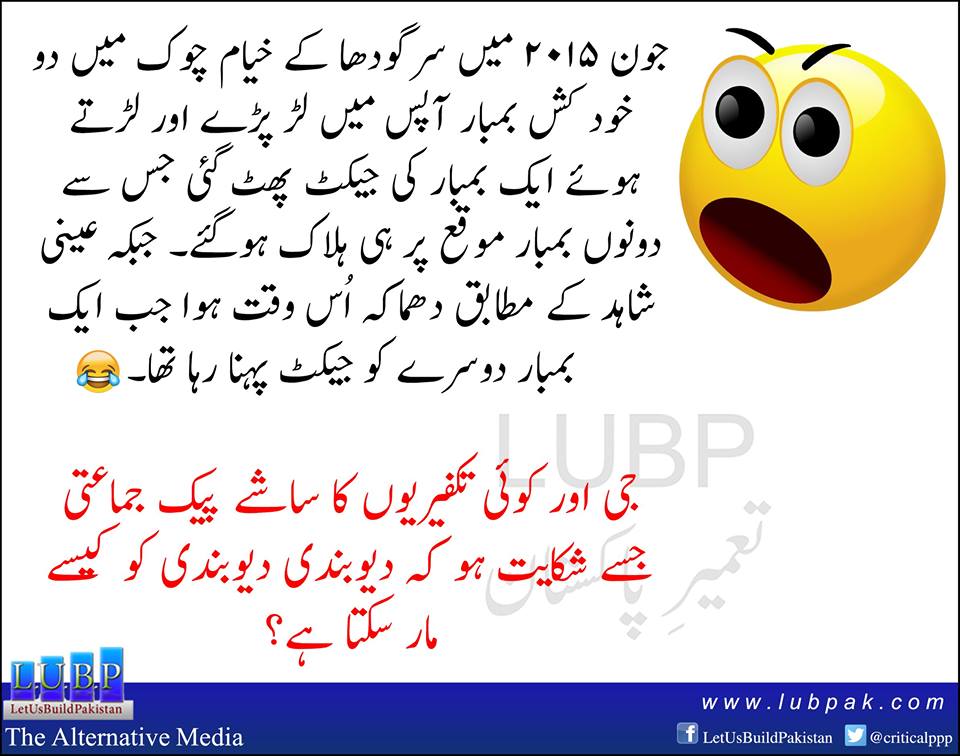About Barelvi
Wiki Article
3 Simple Techniques For Barelvi
Table of ContentsAll About BarelviThe 7-Second Trick For BarelviThe Buzz on BarelviSome Known Details About Barelvi Barelvi Things To Know Before You Get This


Whereas Deobandis are Hanafis as well as comply with Imam Abu Hanifa, Wahhabis are ghair muqallid, which means that they do not comply with any imam for law. The concept of Taqleed, that is, to adhere to someone is highly sustained by Deobandis whereas there is a department amongst Salafis to this idea, with many of them opposing it.
In the Middle-East, however, the term is more typically utilized to differentiate the Salafi cult from the remainder of the Sunni Muslims. The origins of Salafism go down to specific teams such as Al-Qaeda, Jabha Al Nusra along with several others who are really strong in their faith of Jihad as an obligation upon them.
Get This Report on Barelvi
In contrast to this, the Deobandi activity, which is largely based in India, Afghanistan, Pakistan and Bangladesh, traces back to the start of the 18th century.
Influenced by the sort of Ibn Taymiyyah, Shah Wali Ullah was the creator of the Deobandi sect. Ironically, Ibn Taymiyyah was likewise the inspiration of Abdul Wahab! There are significant differences between the teachings and opinions of both sects. To start with, Wahhabi mentors are thought about very intolerant by some people, who also state that people of this sect are very violent.
The founder, Abdul Wahab, had actually influenced disgust versus the various other sects of Islam as well, including the similarity Shiite, Sunni Sufi etc. They believe that appropriate advice of the people of Islam can only be done by the mix of Quran, Hadith, Ijma by Ulama as well as an understanding of Salaf-us-Salih.
like it Other vital differences between the two consist of opposed views on Tawassul of Prophetpbuh (a spiritual technique in which one aims to be close to Allah), Shuhada (those who achieved affliction), Aulia (Sahabis as well as blessed companions of the Prophetpbuh) and so on., started by Abdul Wahab; Deobandis-17th and 18th Century subcontinent, established by Shah Wali Ullah, Dar-ul-Uloom institution, Deoband, India Salafi-Very intolerant in the direction of non-Muslims as well as non-Wahhabis; Deobandis-considerably tolerant Difference of opinion on sources of assistance; both agree on Quran, Hadith as well as Ijma, only Salafi believe in Salaf-us-Salih Variable beliefs among the 2 on Shuhada, Aulia, Tawassul and also other spiritual concepts Ewan, D.
Difference Between Distinction and DeobandiAnd also Difference Between Similar Terms as well as Objects, 27 September, 2017, http://www.
navigate here Something went incorrect. Wait a moment and also attempt once more Attempt once again.
Appreciated Brother-in-Islam Assalaamu Alaykum Wa Rahmatullaahi Wa Barakaatuhu Darul Uloom Deoband (also other organizations based on Darul Uloom Deoband ideological backgrounds) is sourced and also referred to frequently. Unavoidably, Deoband is based upon the teachings of the Noble Qur'an as well as Sunnah of Rasulullah (Sallallaahu Alayhi Wasallam) along with the renowned Sahaaba (Radhiallaahu nhum) The Barelwi/ Deobandi issue is an olden difference which must have been buried a very long time ago, however regrettably some individuals will consider mud-slinging.
The 3-Minute Rule for Barelvi
1. You may describe 'Mutalia Barelwi' by Dr. Allama Khalid Mahmood 2. 'That Are the Ahlus Sunnah Wal Jamaa' by Mufti AH Elias 3. 'Deoband Se Barelwi Tak' by Moulana Abu Awsaf 4. 'Barelwi Fitna ka Naya Roup' by Muhammad Arif as well as Allah Ta'ala Knows Finest Mufti Ebrahim Desai This response was collected from, which is run under the supervision of from South Africa.Matrix highlighting distinctions between Deobandi, Barelvi as well as Ahle Hadeeth Component In the subcontinent, the see this here reformist movements within the Sunni sect of Islam have actually evolved right into 3 distinct colleges of ideas. Although the main creed is the exact same, the distinction in certain principles at an additional and tertiary degree has actually led to diametrically opposite approach towards certain facets of confidence and expectation on life.
The 3 major colleges of thoughts (Madhabs) in the subcontinent are Deobandi, Barelvi and Ahl-e- Hadeeth. It should be noted that both Deobandi and Barelvi madhabs are subsets of the Hanafi branch. The Ahle Hadeeth college of thought is a fairly recent point of view that has shown up on the shores of the subcontinent from Arabia as well as to a specific degree has actually positively influenced the Deobandi Madhab.
The Ahle Hadeeth scholars (such as Syed Nazeer Husain), have actually been publishing books in the area for over a century, they just located a firm footing in the subcontinent during General Zia ul Haq's age after the Siege of Mecca (1979 ) ordeal. Barelvi. Deobandi Madhab The term Deobandi indicate the origins of the movement based in the well-known seminary, Darul uloom in Deoband, India.
Excitement About Barelvi
One of their essential ideas is the method of "Taqleed" which implies to "comply with" rather than making use of one's own or a secondary opinion. Their second trademark is "Talfiq" which limits venturing into concepts aside from those as ordered by the Hanafi College. The contemporary scholarly work based on the interpolation/extrapolation of religious text is far as well as few between.Report this wiki page